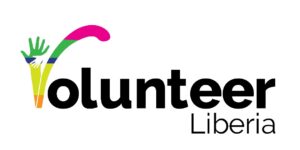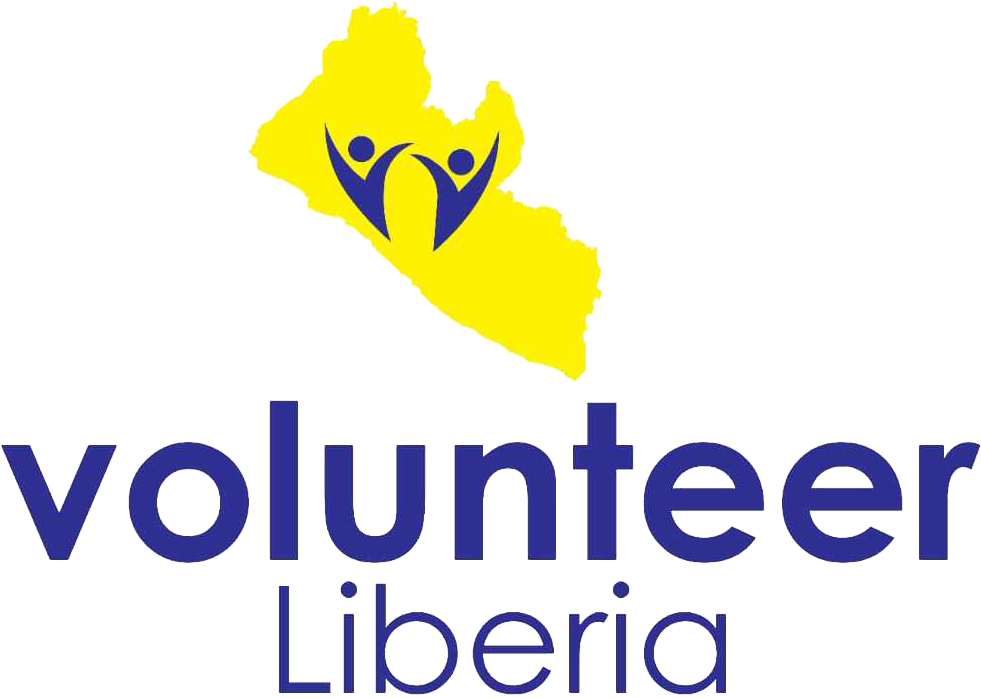LIBERIA AT A GLANCE
With 28 ethnic groups and languages, Liberia is one of the most ethnically diverse countries in the world. For hundreds of years, the Mali and Songhai Empires claimed most of Liberia. Beginning in the 15th century, European traders began establishing outposts along the Liberian coast. Unlike its neighbors, however, Liberia did not fall under European colonial rule. In the early 19th century, the US began sending freed enslaved people and other people of color to Liberia to establish settlements. In 1847, these settlers declared independence from the US, writing their own constitution and establishing Africa’s first republic.
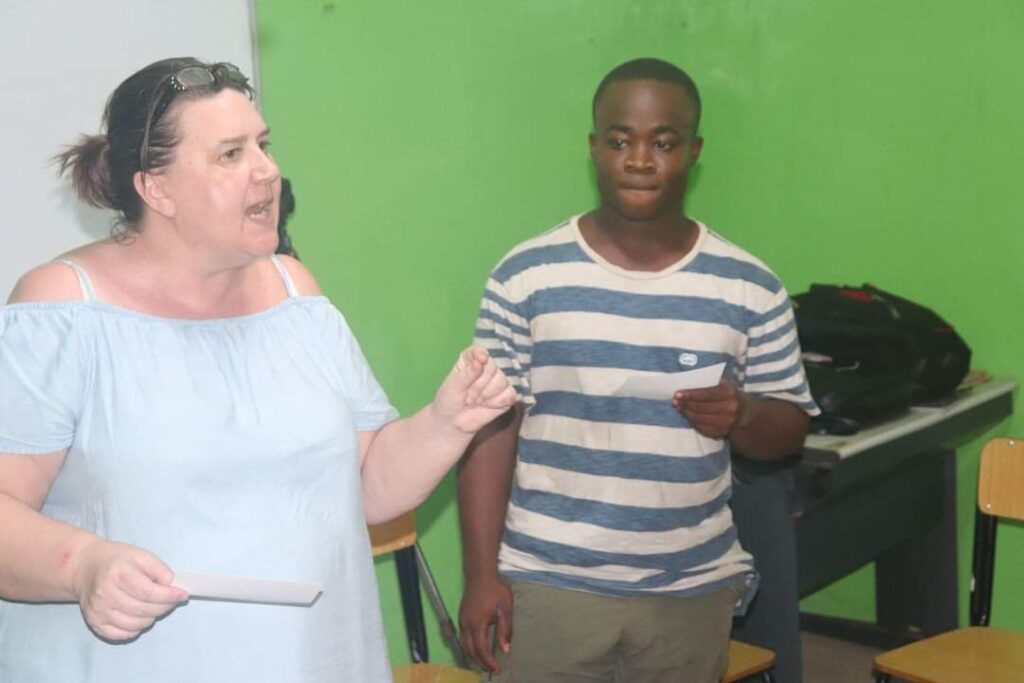
Liberia, the oldest independent republic in Africa, lies on the West African coast, just 300 miles north of the equator. Portuguese explorers established contacts with Liberia as early as 1461 and named the area the Grain Coast. In 1663, the British installed trading posts on the Grain Coast, but the Dutch destroyed these posts a year later. There were no further reports of settlements by foreigners until the arrival of freed slaves in the early 1800s.…
Liberia, “land of the free,” was founded by African-Americans former slaves and freemen who arrived from the United States beginning in 1820. An initial group of 86 immigrants, who came to be called Americo-Liberians, established a settlement in Christopolis (now Monrovia, named after U.S. President James Monroe) on February 6, 1820.
Thousands of freed American slaves and free African-Americans arrived during the following years. The drive to resettle freed slaves in Africa was promoted by the American Colonization Society (ACS), an organization of white clergymen, abolitionists, and slave owners. Between 1821–67, the ACS resettled some 10,000 African-Americans and several thousand Africans from interdicted slave ships; ACS governed the Commonwealth of Liberia until it declared independence as the Republic of Liberia on July 26, 1847.
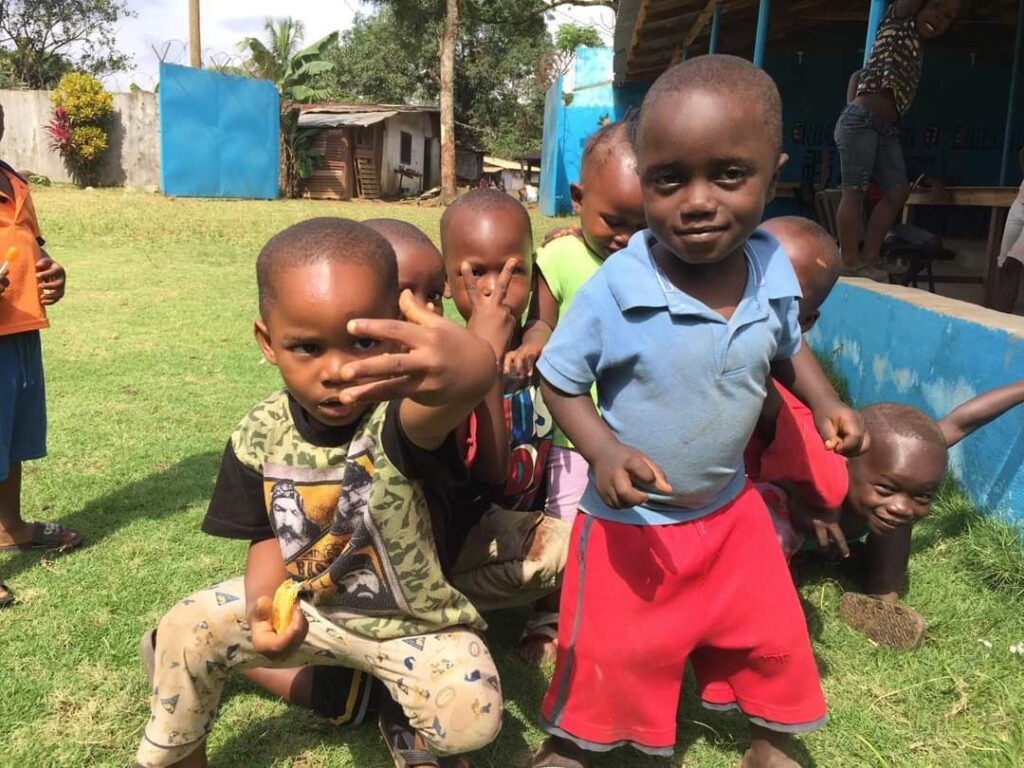
People and Culture
There also are sizable numbers of Lebanese, Indians, and other West African nationals who comprise part of Liberia’s business community. The Liberian constitution restricts citizenship to only people of “Negro” descent, and land ownership is restricted to citizens.
Liberia was traditionally noted for its academic institutions, iron ore mining, logs, and rubber. Political upheavals beginning in the 1980s, and the 14-year civil war, largely destroyed Liberia’s economy and brought a steep decline in living standards.
Environment
Just 300 miles north of the equator, Liberia has a relatively long coastline of 350 miles. From the lagoons and mangrove swamps of the coastal plains, the land rises evenly along its length in belts parallel to the coast, from rolling hills, through a broader region of plateaus and low mountain ranges, and into the foothills of the Guinea Highlands. Just beyond these 4,500-foot peaks originate the headwaters of the Niger River. Half of the country is covered by tropical rain forest.
Liberia is directly in the path of seasonal winds. From May through November, the prevailing monsoon winds drop most of the nearly 200 inches of rain received annually in the capital city of Monrovia. From December through April, the red dust- laden harmattan winds originating over the Sahara Desert prevail. The transition periods between seasons are punctuated by violent thunderstorms and sudden torrential downpours. Monrovia is the wettest capital city in the world.
Temperatures average 81 degrees Fahrenheit, and humidity averages 82 percent, with little variation over the course of the year. Precautions must be taken against mildew and rust caused by the heat, constant humidity, and the corrosive salt air of the coast.
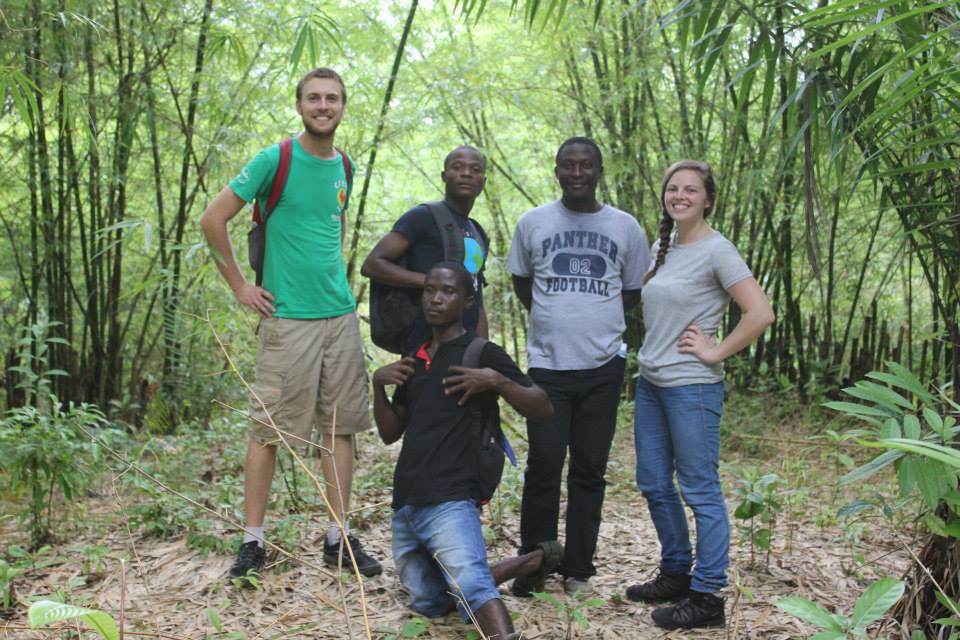
Currency:
Liberian Dollars and US Dollars
Population
5,506,280 (2023 est.)
Ethnic groups
Kpelle 20.2%, Bassa 13.6%, Grebo 9.9%, Gio 7.9%, Mano 7.2%, Kru 5.5%, Lorma 4.8%, Krahn 4.5%, Kissi, 4.3%, Mandingo 4.2%, Vai 3.8%, Gola 3.8%, Gbandi 2.9%, Mende 1.7%, Sapo 1%, Belle 0.7%, Dey 0.3%, other Liberian ethnic group 0.4%, other African 3%, non-African 0.2% (2022 est.)
Language
English is the official state language, but most of Liberia speaks Liberian colloquial. Liberian colloquial is mixture of slangs and creole widely spoken in public places and school campuses. Liberians tend to merge words, for example, “I na know” is used instead of “I don’t know,” and most plurals are created by adding the word “them” to the key word for example, “‘children them,’ ‘people them’, ‘student them.’” A Liberian high school student can more effectively communicate through written English than oral communication.
Christian 84.9%, Muslim 12%, Traditional 0.5%, other 0.1%, none 2.6% (2022 est.) Liberia celebrates holidays like Easter, Christmas, Ramadan and Eid. Many rural dwellers are Africanists who believe in nature and superstitions.
Geography – note
facing the Atlantic Ocean, the coastline is characterized by lagoons, mangrove swamps, and river-deposited sandbars; the inland grassy plateau supports limited agriculture

Family Life
Food
Liberian has a rich and diverse cuisine. It is centered on the consumption of rice, cassava, plantain, yam, tropical fruits, and vegetables (potatoes, greens, cassava leaf, okra, cabbage), as well as fish, meat, and more. A typical Liberian dinner consists of dumboy or fufu served with palm butter and palava sauce, meat stew, country chop (a mixture of meats, fish, and greens cooked in palm oil), jollof rice, and beef internal soup. Rice bread and sweet potato pone are served for dessert. Liberian food are often spicy and rice is the staple food. A typical Liberian is adapted to one meal per day, specifically around the afternoon period (12-3pm). Most parents will provide a snack of bread for their children before the regular meal.
total: 3.12 liters of pure alcohol (2019 est.)
beer: 0.38 liters of pure alcohol (2019 est.)
wine: 0.44 liters of pure alcohol (2019 est.)
spirits: 2.28 liters of pure alcohol (2019 est.)
other alcohols: 0.02 liters of pure alcohol (2019 est.)
male: 14.3% (2020 est.)
female: 2% (2020 est.)
Life expectancy at birth
total population: 61.3 years (2023 est.)
male: 59.7 years
female: 63 years
1. Always greet people from right to left, always with your right hand. Remember that your palms are always properly aligned for greeting people when going right-to-left. Always follow this order, regardless of the age or gender or status of the people you are greeting. This will seem very awkward when you enter a room where everyone is lined up on the left wall because you will have to walk past everyone to start greeting from the furthest person.
2. The West African handshake is used in Liberia, where the middle finger snaps the middle finger of the person you are shaking. The louder the snap, the better, and it is acceptable to try the snap a second time if you miss it. (Note to our Italian friends: È possibile riconoscere questa stretta di mano come un grave insulto. Tuttavia, questo è un messaggio di saluto standard in Liberia e nessun reato dovrebbero essere prese.)
3. Always use your right hand to give and receive items, and to eat. In this culture, your left hand is considered your ‘toilet hand’. It is a common practice to give money with your right hand while at the same time receiving your purchase into the same hand.
4. Always greet people first when you enter an area. Otherwise, you may wonder why people are just looking at you when you enter a room. They are waiting for you to offer a greeting, which will be received with a big smile and a warm reply.
5. Never make derogatory remarks about any religious, political or ethnic group or behavior. Liberia is tolerant and respectful of all its diverse tribes, religions and customs.
6. Always be respectful, especially to elders. The older the person, the more respect. But always greet in the correct order, right-to-left, regardless of age or gender. (see #1 above)
7. Remember to share. People in Africa do not live the independent lives of Western cultures. Sharing food and sharing stories are two of the best ways to join this culture of interdependence. It is acceptable to give small amounts of money ($2 maximum) to children or the disabled, but usually not to beggars.
8. You should not be wasteful. Africa is a land where every little thing has value. Volunteer Liberia employees will never ask you for anything, but throwing away just a piece of paper that has a blank side would be a painful sight for us to see. (Notice how small the rubbish cans are in homes and hotels.) Feel free to offer anything that has no value to you to any person anywhere.
9. Direct, “let’s get to business” conversation is considered rude. Always exchange pleasantries and inquire about family before beginning to transact any business. Even if you are just purchasing an orange.
10.Keep your demeanor and dress proper. For men, lightweight trousers are more proper than shorts during the weekday. Shirts with a collar are also the
preferred dress during the weekday. Non-native men should not go shirtless except at the beach or poolside. Shorts and T-shirts are fine after the workday hours or on weekends, when it is casual time. For women, modesty is preferred. Always try to keep your shoes clean of dirt and dust.
11.Realize that starting times for events are not exact. An event will usually not begin until at least one hour after the noted starting time. We call it “Africa time”, and if you arrive at the posted starting time, people will jokingly say you are following “European or American time”.
12.When in rural areas and small villages and visit a local chief, remove your hat, keep your hands out of your pockets and do not cross your legs. When invited to greet the chief, approach just short of where they are seated and bow slightly. Do not offer your hand unless the chief invites you for a handshake. Always be sure to bring a small gift. Usually a bottle of schnapps is perfect.
13.Knowing just a couple words of the local language makes a huge impact. Ask your Volunteer Liberia employees to teach you
14.If you wish to know more, here are some good cultural resources:
a. “Into Africa: Intercultural Insights” by Yale Richmond and Phyllis Gestrin © 1998 Intercultural Press
b. “Foreign to Familiar” by Sarah A. Lanier © 2000 McDougal Publishing
c. “African Friends and Money Matters” by David Maranz © 2001 SIL International
All are available through Amazon
